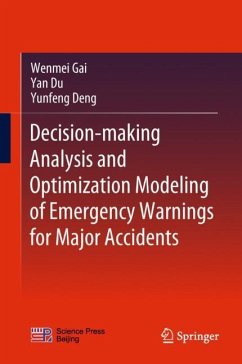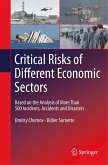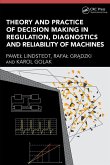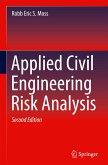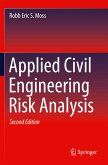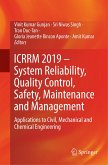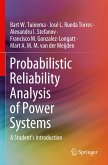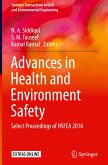This book highlights cutting-edge research into emergency early warning management and decision-making for severe accidents. Using toxic gas leakages as examples, it puts forward new design methods for emergency early warning systems, as well as a systematic description of emergency early warning information communication mechanisms and characteristics of regional evacuation, based on a wide range of theories, including safety engineering, information engineering, communication, behaviorology and others. The book applies a range of methods, such as case analysis, questionnaire interviews, and multi-objective optimization modeling. Drawing on this basis, it subsequently proposes a multi-objective optimization modeling and algorithm for emergency path selection, together with an evacuation risk assessment method. Divided into six chapters prepared by an international team of researchers, the book addresses the design of early warning systems, communication and dissemination mechanismsof early warning information, characteristics of regional evacuation, multi-objective optimization of emergency paths, and evacuation risk assessment.
The book offers an essential reference guide for engineering technicians and researchers in a wide range of fields, including emergency management, safety science and engineering, disaster relief engineering, and transportation optimization, as well as graduate students in related majors at colleges and universities.
The book offers an essential reference guide for engineering technicians and researchers in a wide range of fields, including emergency management, safety science and engineering, disaster relief engineering, and transportation optimization, as well as graduate students in related majors at colleges and universities.

